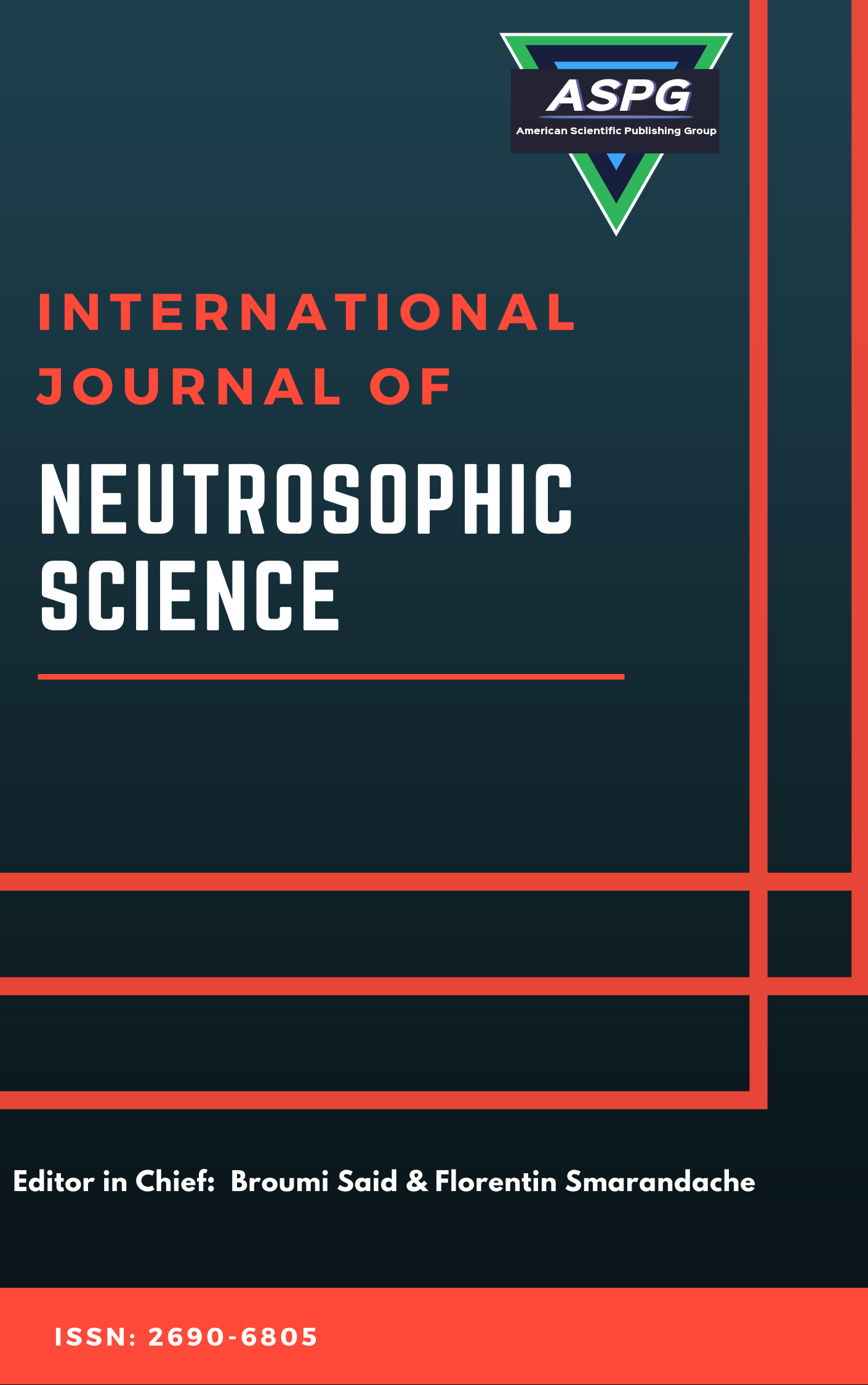

Volume 26 , Issue 4 , PP: 269-283, 2025 | Cite this article as | XML | Html | PDF | Full Length Article
Humberto León Flores 1 * , Claudio Ruff Escobar 2 , Natalia Daries Ramón 3
Doi: https://doi.org/10.54216/IJNS.260424
This paper responds to the problem of establishing criteria priority for microcredential implementation in Latin American universities, a developing topic with great momentum and the need to professionalize traditional learning models. Amid rapid digital and labor developments, microcredentials emerge as an efficient way of certifying targeted skills and fostering adaptability to market demand. Still, implementation in higher education lacks a clear pathway of systematic substantiation. The state-of-the-art demonstrates that few mixed-method studies have attempted to prioritize institutional, pedagogical, and technological aspects of this endeavor. This paper applies the Analytic Hierarchy Process (AHP) to a criterion for criteria relative assessment as a method for qualitative and quantitative study. This approach assesses relative importance between seemingly equal criteria—digital infrastructure, teacher training, curriculum relevance, and external validity, for example—for better implementation within higher education systems. Results assess teacher training and platform interoperability as the two most important criteria for successful microcredential implementation. This study is relevant theoretically for multicriteria approaches to the assessment of learning flexibility and practically speaking, supports university administrative decisions for more adaptable, equity-driven and sustainable learning options.
Microcredentials , Higher Education , AHP , Educational Flexibility , University Innovation , Prioritization, Latin America
[1] OECD, Micro-Credentials for Lifelong Learning and Employability: Uses and Possibilities, OECD Education Policy Perspectives, 2023, doi: 10.1787/9b818f3a-en.
[2] World Economic Forum, Future of Jobs Report 2023, World Economic Forum Publications, 2023, doi: 10.46830/wrfr2023.
[3] UNESCO, Moving Towards a Universal Working Definition of Micro-Credentials, UNESCO Reports, 2022. [Online]. Available: https://unesdoc.unesco.org/ark:/48223/pf0000381668
[4] Coursera, Micro-Credentials Impact Report 2024: Insights from Higher Education Leaders, Coursera Institutional Research Series, 2024. [Online]. Available: https://www.coursera.org/campus/resources/ebooks/industry-micro-credentials
[5] V. Gutović and F. Pedró, Mapping Micro-Credentials in Latin America and the Caribbean: Towards a Common Framework, UNESCO IESALC Reports, 2025. [Online]. Available: https://unesdoc.unesco.org/ark:/48223/pf0000393794_spa
[6] European Commission, Council Recommendation on a European Approach to Micro-Credentials for Lifelong Learning and Employability, Publications Office of the European Union, 2022. [Online]. Available: https://eur-lex.europa.eu/legal-content/EN/TXT/PDF/?uri=CELEX:32022H0627(02)
[7] S. Varadarajan, J. H. L. Koh, and B. K. Daniel, “A systematic review of the opportunities and challenges of micro-credentials for multiple stakeholders,” International Journal of Educational Technology in Higher Education, vol. 20, p. 13, 2023, doi: 10.1186/s41239-023-00381-x.
[8] M. Martin and P. Van der Hijden, Short Courses, Micro-Credentials, and Flexible Learning Pathways: A Blueprint for Policy Development and Action, UNESCO International Institute for Educational Planning, 2023, doi: 10.54675/FTTN9142.
[9] M. Mateo-Berganza Díaz, J. Lim, I. Cardenas Navia, and K. Elzey, A World of Transformation: Moving from Degrees to Skills-Based Alternative Credentials, Inter-American Development Bank, 2022, doi: 10.18261/issn.2539-4805.
[10] P. Kiiskilä, A. Kukkonen, and H. Pirkklainen, “Are micro-credentials valuable for students? Perspective on verifiable digital credentials,” SN Computer Science, vol. 4, no. 5, p. 366, 2023, doi: 10.1007/s42979-023-01785-2.
[11] R. C. Johan, D. Ratnasari, and E. P. A. Sugara, “Micro-credentials in higher education: A review and bibliometric analysis,” Journal of Education and Learning, vol. 19, no. 1, pp. 1103–1116, 2025, doi: 10.11591/edulearn.v19i2.21281.
[12] L. Wheelahan and G. Moodie, “Analyzing micro-credentials in higher education: A Bernsteinian analysis,” Journal of Curriculum Studies, vol. 53, no. 2, pp. 212–228, 2021, doi: 10.1080/00220272.2021.1887358.
[13] C. Kahraman, B. Oztaysi, and S. Cevik Onar, “Interval and single-valued neutrosophic AHP methods: Performance analysis of outsourced law firms,” Journal of Intelligent and Fuzzy Systems, vol. 38, pp. 749–759, 2020.
[14] El-Douh, “Evaluating health sustainability using neutrosophic MCDM methodology: COVID-19 case study,” Sustainable Machine Intelligence Journal, vol. 3, pp. 1–10, 2023.
[15] Karasan, E. Ilbahar, S. Cebi, and C. Kahraman, “Customer-oriented product design using an integrated neutrosophic methodology: AHP, DEMATEL, and QFD,” Applied Soft Computing, vol. 118, p. 108445, 2022.
[16] Sahmutoglu, A. Taskin, and E. Ayyildiz, “Risk assessment methodology in evacuation gathering zones after floods using integrated neutrosophic AHP–CODAS,” Natural Hazards, vol. 116, pp. 1071–1103, 2023.
[17] D. Yu, G. Kou, Z. Xu, and S. Shi, “Evolutionary analysis of AHP research collaboration: 1982–2018,” International Journal of Information Technology and Decision Making, vol. 20, pp. 7–36, 2021.
[18] S. Dhouib, “Optimization of the traveling salesman problem in a single-valued triangular neutrosophic number using Dhouib-Matrix-TSP1 heuristic,” International Journal of Engineering, vol. 34, pp. 2642–2647, 2021.
[19] M. S. Alavi and M. A. Zadeh, “Neutrosophic decision-making based on the analytic hierarchy process: A case study,” International Journal of Fuzzy Systems, vol. 24, no. 3, pp. 715–726, 2022, doi: 10.1007/s40815-021-01196-5.